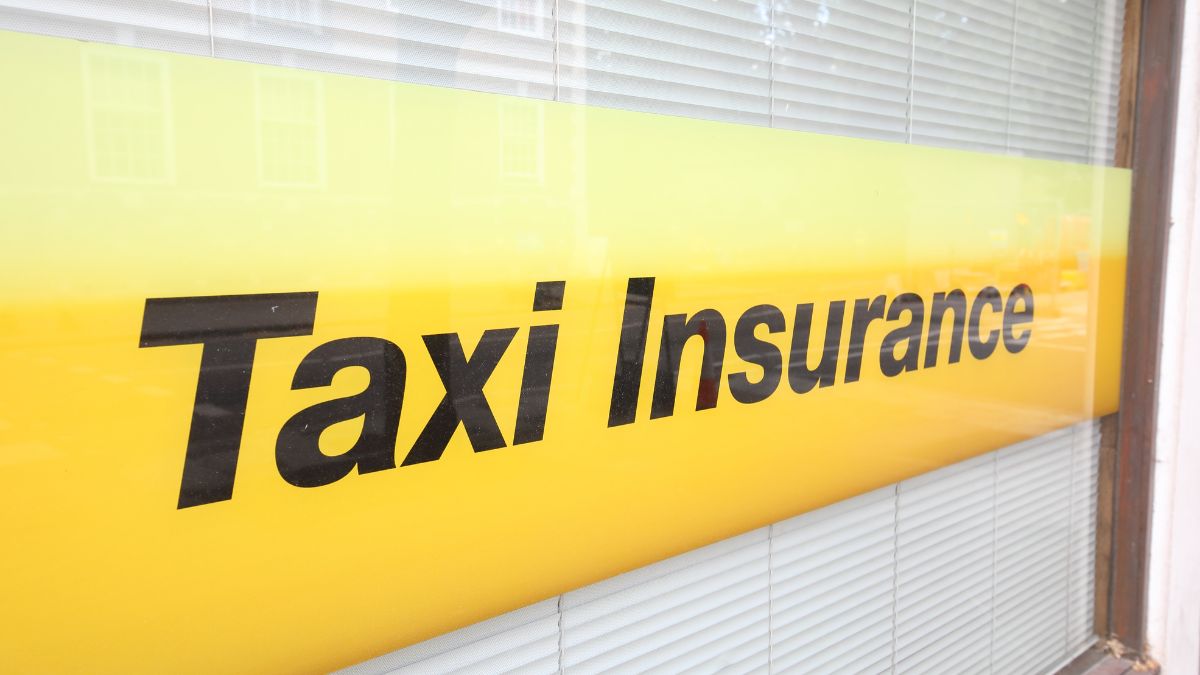Taxi Insurance Policies in Nigeria: A Comprehensive Guide
This article presents a comprehensive guide on taxi insurance policies in Nigeria.
The taxi business in Nigeria is a lucrative venture that has seen tremendous growth over the years. However, operating a taxi comes with risks that need to be mitigated through adequate insurance coverage.
Having the right taxi insurance policy is crucial for protecting the business interests and assets of taxi operators.
This article provides a comprehensive guide to taxi insurance policies in Nigeria, the types of covers available, benefits, costs implications, and tips for getting the best deal on taxi insurance.
TYPES OF TAXI INSURANCE POLICIES IN NIGERIA
There are several standard insurance policies that taxi operators in Nigeria need to have by law. These include:
- Comprehensive Motor Insurance: This is mandatory for all vehicles under the Motor Vehicles (Third Party Insurance) Act. It covers loss or damage to the taxi as well as liability to third parties for injury or death. The minimum liability cover is ₦1 million.
- Passenger Liability Insurance: This protects against claims from passengers for injury or death. The minimum limit is ₦1 million per person.
- Personal Accident Cover for Drivers: This provides compensation for death or disability resulting from an accident while driving the taxi. The minimum benefit is ₦50,000.
- Motor Traders Insurance: This is necessary if the operator owns a fleet of taxis. It provides cover for the repair shop, spare parts, and other assets used in the taxi business.
- Employer’s Liability Insurance: Covers injury or death claims from employees. This is required if the operator has employed drivers and conductors.
- Road Rescue/Recovery Service: Provides assistance in case of a breakdown or accident. Some comprehensive policies include this as an add-on.
BENEFITS OF TAXI INSURANCE
Listed below are the benefits of tax insurance in the country:
- Financial security: Compensation in case of loss or damage to the taxi. This saves the operator from massive financial losses.
- Liability protection: Shields the operator from third party claims that may arise from accidents or injuries.
- Business continuity: Keeps the business running by providing funds to repair or replace damaged vehicles.
- Compliance: Meets legal requirements for commercial vehicles in Nigeria. This avoids sanctions and penalties.
- Peace of mind: The operator can focus on the business knowing that risks are covered. This gives confidence to keep investing in the trade.
HOW MUCH DOES TAXI INSURANCE COST IN NIGERIA?
Premiums vary across different underwriters and are based on factors like:
- Vehicle value: Newer and more valuable cars attract higher premiums. Basic vehicles have lower premiums.
- Coverage type: Comprehensive costs more than third party fire & theft insurance.
- Location: Rates are higher in congested urban areas compared to small towns.
- Claims history: Operators with past claims pay more than new businesses without incidents.
- Deductibles: A higher excess amount reduces the premium.
- Driver profile: Young or inexperienced drivers raise the premium amount.
Generally, comprehensive taxi insurance costs between 5% to 7.5% of the vehicle value annually. For an average mid-range sedan valued at ₦3 million, the premium is about ₦150,000 to ₦225,000 per year. Third party cover costs around 2.5% to 4% of the value. Operators can request quotes from insurers to compare and get the best rate.
TIPS FOR GETTING THE BEST TAXI INSURANCE DEAL
Here are useful tips taxi operators in Nigeria can use to get the most affordable premiums:
- Compare quotes: Get proposals from at least 3 to 5 insurers to compare costs. Online comparison tools also help find the best rate.
- Insure multiple taxis: Insurers offer fleet discounts when covering more than 2 taxis. This reduces the overall premium.
- Choose higher excess: Opting for a higher deductible amount lowers the premium. But only increase excess to what you can comfortably pay out-of-pocket.
- Pay annually: Annual premiums are lower than the monthly installment options. Pay annually to enjoy discounted single-payment rates if affordable.
- Maintain clean record: Avoid making small claims and traffic offenses that push up premiums. Maintain a clean claims history to enjoy good rates.
- Install safety devices: Adding features like CCTV, speed limiters, and SOS alerts can earn discounts from some underwriters.
- Review periodically: Check for better deals at renewal and switch insurers if you find a lower premium.
FREQUENTLY ASKED QUESTIONS ON TAX INSURANCE POLICIES IN NIGERIA
Is there anything you are yet to understand about tax insurance policies in Nigeria? Here are answers to some frequently asked questions on taxi insurance policies in the country:
IS TAXI INSURANCE MANDATORY IN NIGERIA?
Yes, commercial taxi operators in Nigeria are required by law under the Motor Vehicles (Third Party Insurance) Act to have at least a basic Third Party insurance policy. This covers injury or death of third parties caused by the taxi. Comprehensive cover is optional but advisable.
DOES TAXI INSURANCE COVER DAMAGES CAUSED BY THE DRIVER’S NEGLIGENCE?
Yes, both third party and comprehensive policies protect the taxi operator against claims arising from damage or injuries caused by the driver’s negligence.
WHAT HAPPENS IF I OPERATE A TAXI WITHOUT INSURANCE IN NIGERIA?
It is illegal to operate an uninsured commercial taxi in Nigeria. The penalties include fines, impounding of the vehicle and possible jailing of the driver.
CAN TAXI INSURANCE BE PURCHASED MONTHLY?
Yes, some insurers allow payment of premiums monthly but it is costlier than annual payment. Monthly installments are more convenient for some operators.
HOW SOON SHOULD I RENEW MY EXPIRED TAXI INSURANCE POLICY?
You should renew at least a week before expiry to avoid driving uninsured. Renewal is easy if there was no lapse in coverage.
CONCLUSION
Taxi insurance ensures the business owner can continue earning an income despite unexpected losses or claims arising from their operations.
It provides security for the assets, liabilities, employees, passengers, and the third parties involved in the taxi business.
Although premiums may seem high, the long-term benefit makes it a worthwhile investment.
With proper research and planning, taxi operators can find the most cost-effective insurance policies for their business.


